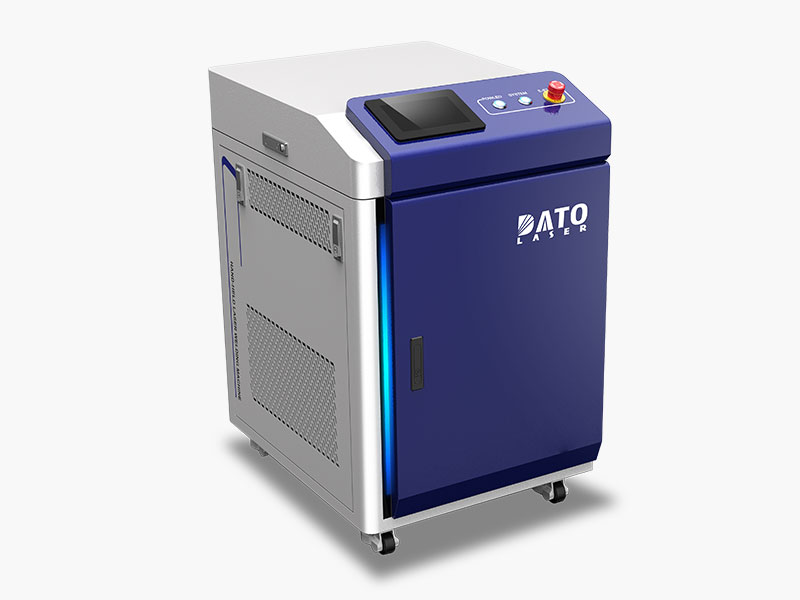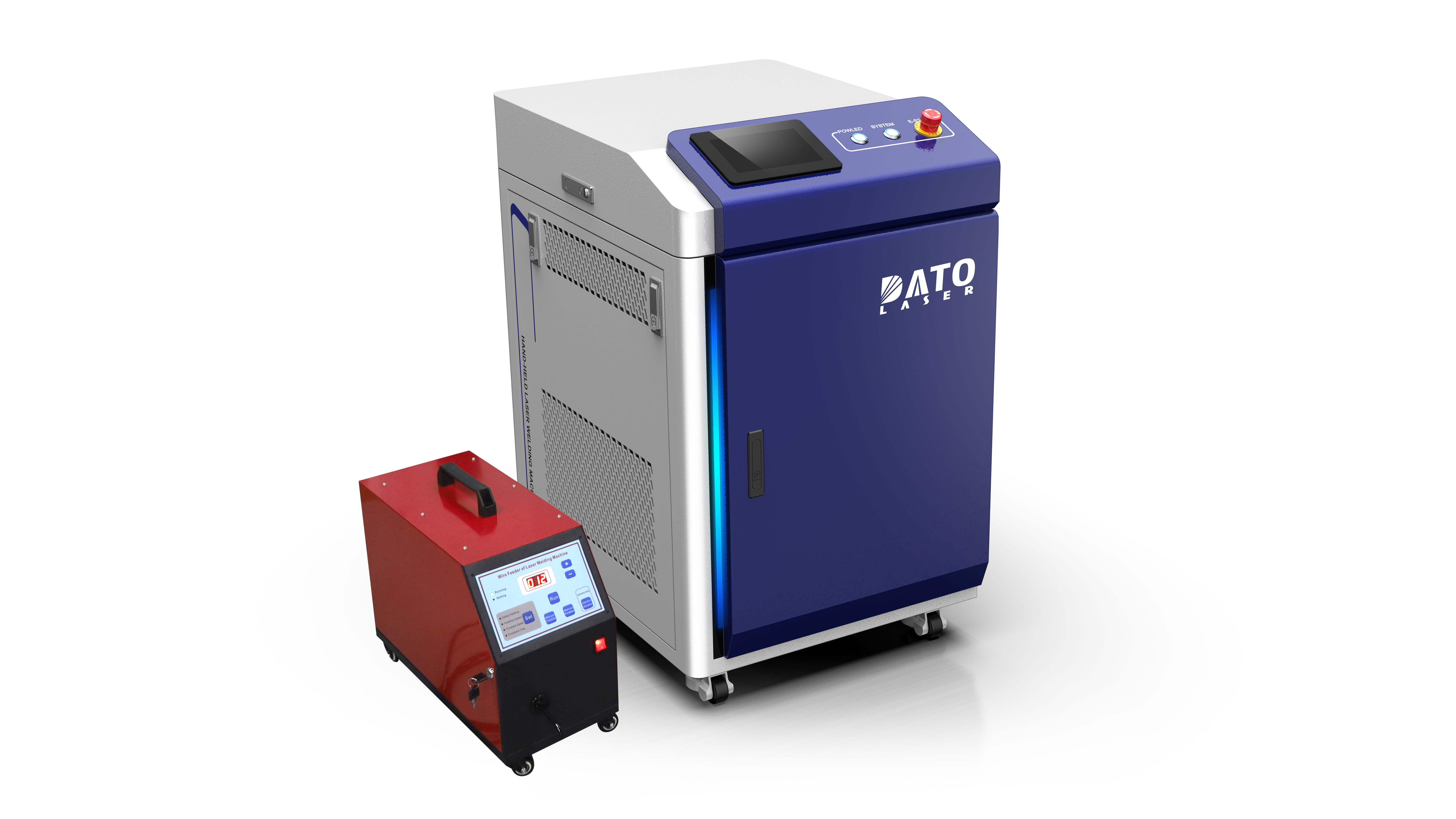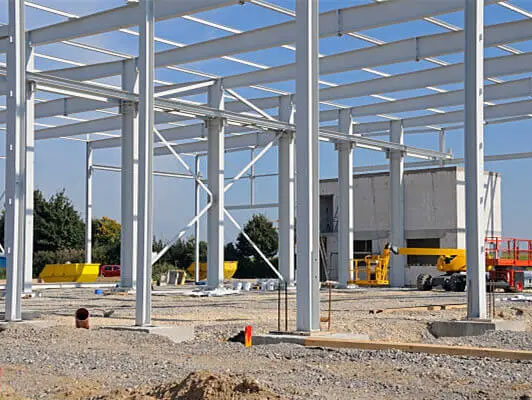How Does Laser Welding Compare in Terms of Operating Costs?

The Economic Advantage: Understanding Operating Costs of Laser Welding
In today's competitive manufacturing landscape, understanding the true cost implications of your welding processes is crucial for business success. While the initial investment in laser welding technology might seem substantial, the long-term economic benefits often make it a smart financial decision. Let's explore why laser welding, particularly Dato's advanced solutions, offers compelling cost advantages over traditional welding methods.
Energy Efficiency: A Significant Cost Reducer
One of the most notable advantages of modern laser welding systems is their superior energy efficiency. Our DT-HJ Series and DT-3-in-1 Series are engineered with advanced power management systems that optimize energy consumption. Unlike conventional welding methods that waste energy through heat dispersion, laser welding concentrates energy precisely where it's needed, resulting in significantly lower power consumption and reduced utility costs.

Minimal Consumables: Maximizing Cost Effectiveness
Traditional welding methods often require substantial ongoing expenses for consumables such as filler materials, shielding gases, and electrodes. In contrast, Dato's laser welding solutions minimize these recurring costs. Our DT-HJR Robotic Series, for instance, features an innovative design that reduces material waste and optimizes consumable usage, leading to substantial savings over time.
Labor Costs and Productivity Gains
The automation capabilities of our laser welding systems, particularly the DT-HJR Robotic Series, dramatically reduce labor costs while increasing productivity. With welding speeds up to ten times faster than traditional methods and consistent, high-quality results, businesses can significantly improve their output while reducing labor-intensive operations. The user-friendly interfaces and ergonomic designs of our systems also minimize operator training time and reduce the need for specialized skills.
Maintenance and Downtime Considerations
Our commitment to quality construction, exemplified by the premium stainless steel build of the DT-HJ Series, translates to reduced maintenance requirements and lower downtime costs. The integrated cleaning systems and robust design of our machines ensure reliable operation with minimal interruptions, helping maintain consistent production schedules and reducing unexpected maintenance expenses.
Quality and Rework Savings
The precision and consistency of laser welding significantly reduce the need for post-weld processing and rework. Our systems deliver clean, uniform welds that often require no additional finishing, eliminating the costs associated with secondary operations. The DT-HJR Robotic Series, with its advanced control systems, ensures repeatable quality that minimizes reject rates and material waste.
Long-term Return on Investment
While the initial investment in laser welding technology may be higher than traditional welding equipment, the cumulative cost savings often result in a favorable return on investment through:
Reduced energy consumption
Lower labor costs
Minimal consumable expenses
Decreased maintenance requirements
Improved production efficiency
Reduced material waste
Higher quality output with fewer rejects
Making an Informed Decision
When evaluating the operating costs of laser welding, it's essential to consider your specific production requirements and long-term business goals. Our team at Dato can help you analyze your current welding costs and project the potential savings with our laser welding solutions. Whether you choose our versatile DT-HJ Handheld Series, the multi-functional DT-3-in-1 Series, or the automated DT-HJR Robotic Series, we'll work with you to optimize your investment and maximize cost efficiency.

The Future of Cost-Effective Manufacturing
As energy costs rise and labor markets remain challenging, the economic advantages of laser welding become increasingly apparent. Dato's commitment to innovative technology and efficient design ensures that our customers stay competitive in an evolving manufacturing landscape. By choosing our laser welding solutions, you're not just investing in advanced technology – you're investing in the future of cost-effective, high-quality production.
Contact Dato today to discuss how our laser welding solutions can help optimize your operating costs and improve your bottom line. Our experts will provide a detailed analysis based on your specific manufacturing needs and help you make an informed decision for your business's future.
Related Blogs
-
 Exploring the Safety, Precision, and Industrial Benefits of Laser Surface CleaningIn today’s fast-paced industrial world, where quality, efficiency, and sustainability are top priorities, manufacturers are constantly seeking better ways to clean metal surfaces without compromising material integrityBlog
Exploring the Safety, Precision, and Industrial Benefits of Laser Surface CleaningIn today’s fast-paced industrial world, where quality, efficiency, and sustainability are top priorities, manufacturers are constantly seeking better ways to clean metal surfaces without compromising material integrityBlog -
 A Complete Guide by DATO and LeapionIn modern industry, surface preparation and maintenance play a crucial role in achieving high-quality manufacturing results. Laser cleaning machines have emerged as one of the most innovative, efficient, and environmentally friendly tools for removing contaminantsBlog
A Complete Guide by DATO and LeapionIn modern industry, surface preparation and maintenance play a crucial role in achieving high-quality manufacturing results. Laser cleaning machines have emerged as one of the most innovative, efficient, and environmentally friendly tools for removing contaminantsBlog -
 Laser cleaning machines are revolutionizing industrial surface cleaning by offering a faster, safer, and more eco-friendly alternative to traditional methods. Whether removing rust, paint, oil, oxide, or other surface contaminants, laser cleaning has become a cutting-edge solution in manufacturing,Blog
Laser cleaning machines are revolutionizing industrial surface cleaning by offering a faster, safer, and more eco-friendly alternative to traditional methods. Whether removing rust, paint, oil, oxide, or other surface contaminants, laser cleaning has become a cutting-edge solution in manufacturing,Blog -
 Introduction: Transforming EV Battery Manufacturing Through Laser TechnologyThe electric vehicle revolution has accelerated dramatically over the past decade, bringing with it unprecedented challenges and opportunities in battery manufacturing. As global automakers commit billions to electrificationBlog
Introduction: Transforming EV Battery Manufacturing Through Laser TechnologyThe electric vehicle revolution has accelerated dramatically over the past decade, bringing with it unprecedented challenges and opportunities in battery manufacturing. As global automakers commit billions to electrificationBlog













